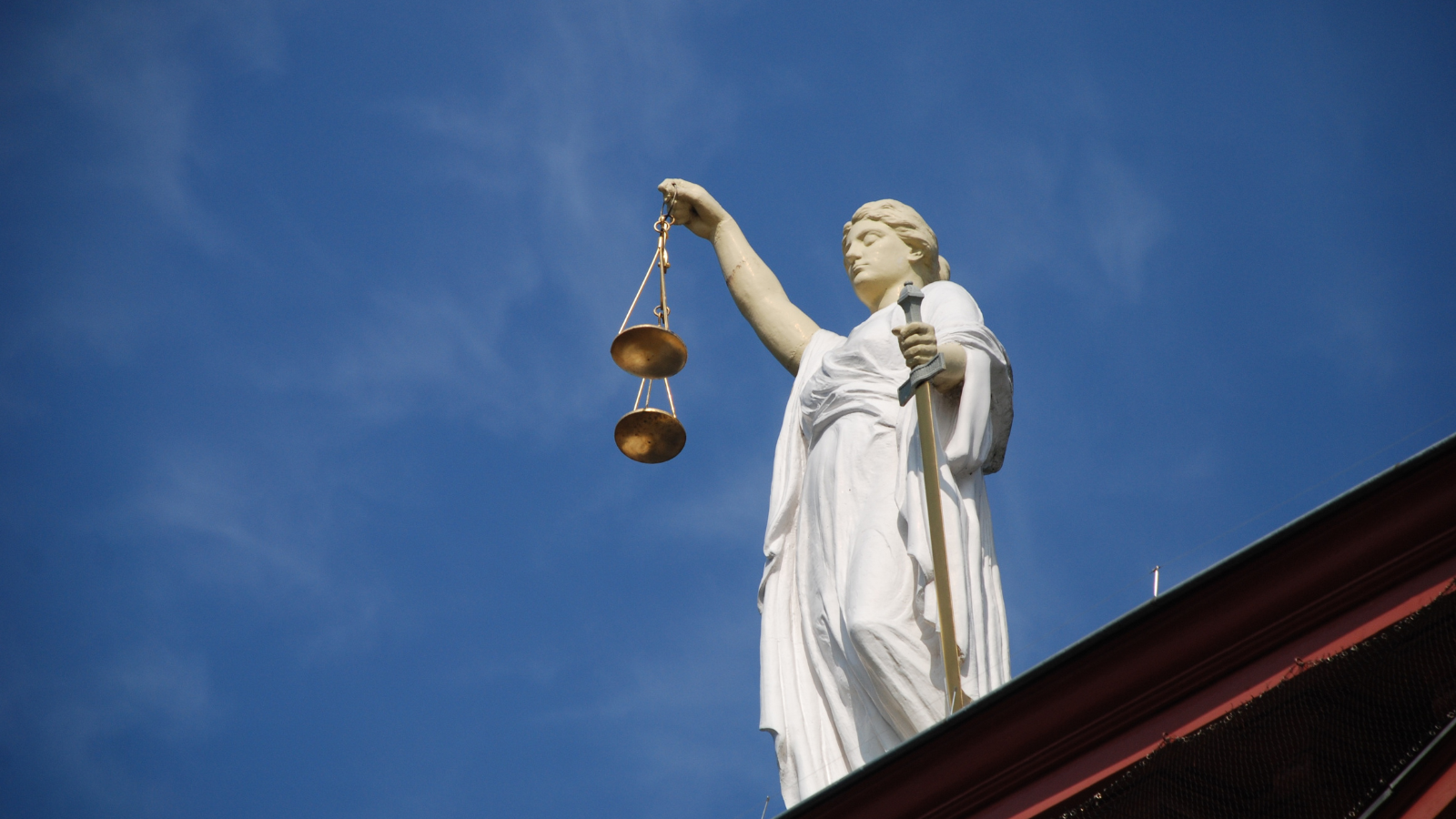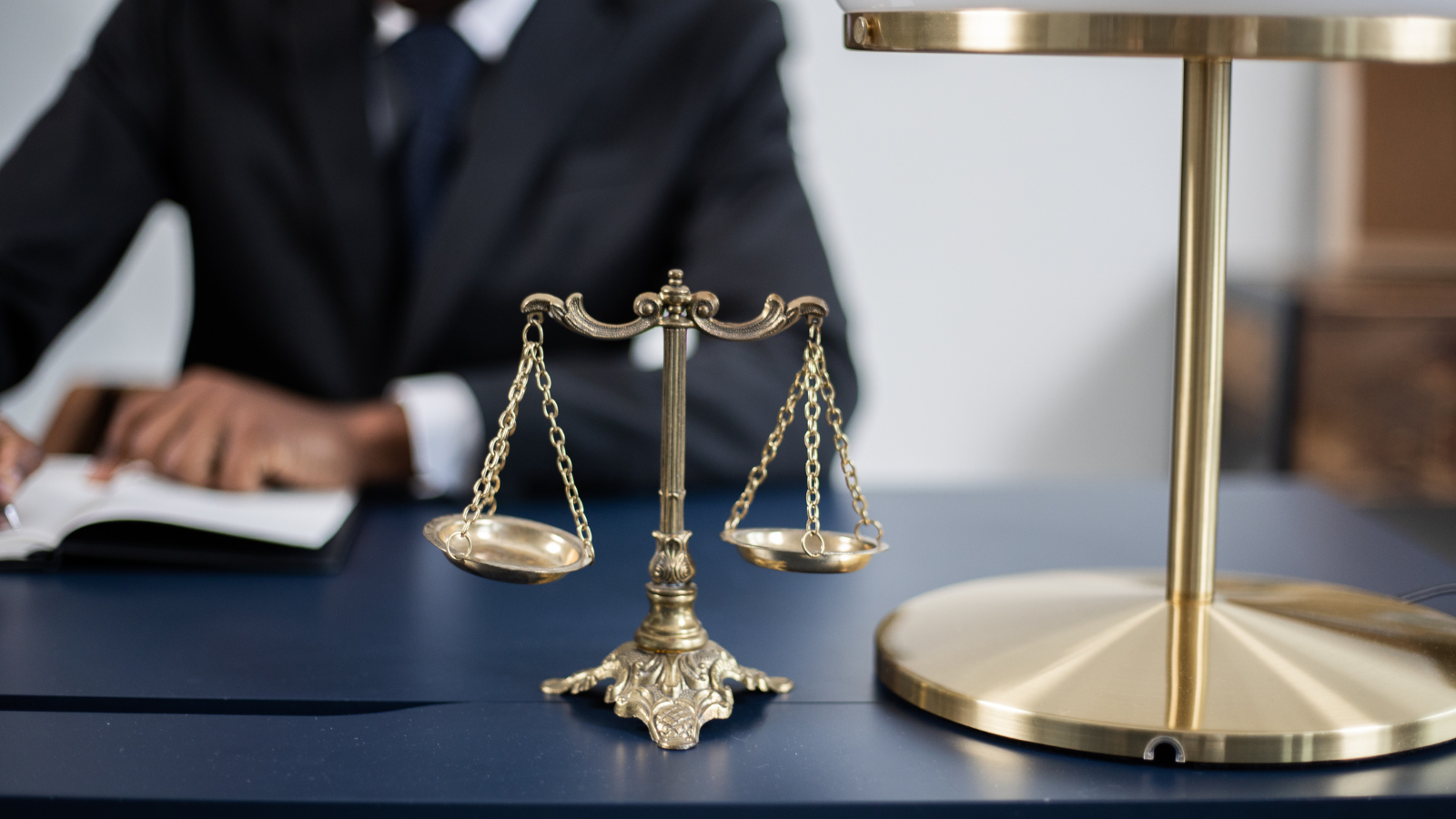- People
- Expertise
Our expertise
We are a team of more than 600 professionals, with the depth of experience which makes us genuine experts in our fields. Together, gunnercooke’s people have strength across just about every corporate discipline and sector. We provide legal, commercial and strategic advice that delivers real value to the clients we work with, which span from multinational enterprises through to not-for-profit organisations. Our breadth of expertise also covers specialist and emerging disciplines charity, crypto, sports and competition law.
Search by practice areaDispute ResolutionDispute Resolution OverviewMeet the Dispute Resolution TeamIntellectual Property DisputesFinancial Services & FinTech OverviewProceeds of CrimeEmployment TribunalTax InvestigationProperty Dispute ResolutionInsolvency DisputesMediationCivil Fraud & Asset TracingHealth & SafetyBusiness Crime & InvestigationsLitigation & ArbitrationInternational Arbitration - International
International Offices
The gunnercooke group has 16 main global offices across England, Scotland, the US, Germany and Austria, with further plans for growth in the coming years. These offices enhance the existing in-house capability of our dedicated international teams and dual-qualified experts that cover Spain, France, Italy, Portugal, Brazil, China, India, Poland and Hungary. Our team have clients across 126 jurisdictions, speak 46 languages and are dual-qualified in 21 jurisdictions. Our expertise means we can offer large teams to carry out complex cross-border matters for major international clients.
- Our story
Our story
gunnercooke is a top commercial law firm. We comprise a rapidly growing number of experts spanning legal and other disciplines. Clients benefit from flexible options on fees to suit their needs, access to a wider network of senior experts throughout the relationship, and legal advice which is complemented by an understanding of the commercial aspects of running a business.
- Reading Room
- News & Insights

Written by Andre Yeghiazarian, Commercial Litigation and International Arbitration lawyer
On 13 November 2024, the Property (Digital Assets etc) Bill passed its second reading in the House of Lords. While the legislative journey is ongoing, the Bill has the potential to reshape the landscape of crypto disputes significantly as we look towards 2025. By recognising digital assets as objects of personal property rights, the Bill aims to address longstanding uncertainties in how digital assets, like cryptocurrencies, NFTs, and tokenised rights, are treated under English law.
Recognising Digital Assets as Personal Property
The Bill’s most transformative element is its proposal to classify digital assets as objects of personal property. This shift acknowledges digital assets as legally protected property, regardless of their intangibility. Until now, the absence of a clear legal classification has caused courts to struggle with issues of ownership and recovery related to digital assets, often forcing them to apply principles developed for physical property in a digital context. By affirming digital assets as personal property, the Bill establishes a robust legal foundation for disputes involving ownership, misappropriation, and restitution, removing a critical barrier in crypto litigation.
Key Implications for Crypto Dispute Resolution
If enacted, the Bill would introduce several pivotal tools for claimants in digital asset litigation:
1. Enhanced Recovery Options for Claimants One of the major barriers to digital asset recovery has been the challenge of proving ownership in the absence of physical possession. Under the new Bill, claimants will have an explicit right to recover misappropriated digital assets based on well-defined property rights principles, such as conversion (unauthorised control over property) and detinue (unlawful retention of property). This means that if a digital asset is unlawfully transferred or retained, claimants could pursue legal recovery based on clear ownership rights, streamlining the path to restitution and enhancing the chances of reclaiming misappropriated assets.
2. Strengthened Pre-Judgment Asset Freezing Orders Another promising development under the Bill is the enhanced ability to secure pre-judgment asset freezing orders, commonly known as Mareva injunctions. These orders, which prevent assets from being dissipated during litigation, are particularly relevant for digital assets, which are easily transferred across jurisdictions with little traceability. By extending freezing orders to digital assets, the Bill would enable claimants to preserve the subject matter of the dispute throughout the litigation process, providing an essential tool for protecting assets that are inherently mobile and borderless.
3. Improved Valuation and Damages Framework The lack of standardised valuation for digital assets has been a persistent hurdle in determining damages in crypto disputes. By recognising digital assets as personal property, the Bill encourages the development of a more consistent valuation framework, aiding courts in calculating precise damages. This development would streamline crypto-related litigation by reducing disputes over asset value, creating a more predictable environment for both claimants and defendants.
The Potential Impact on Digital Asset Litigation
While the Bill must still undergo several legislative stages, its implications for digital asset litigation are substantial. By recognising digital assets as property, it aims to clarify the legal treatment of ownership, valuation, and recovery of digital assets—effectively bringing them into alignment with traditional assets. If passed, the Bill could provide critical protections for individuals and businesses alike, marking a significant step forward in the regulation of digital assets in England and Wales.
This shift towards formal recognition of digital assets as personal property represents a proactive approach to a rapidly evolving sector. For claimants, it offers hope of greater certainty and security in recovering digital assets and obtaining remedies for losses. The Bill’s success will not only impact the outcome of crypto disputes but could also serve as a template for other jurisdictions addressing similar challenges.
Please contact our Andre Yeghiazarian by email should you have a matter you would wish to discuss
To receive all the latest insights from gunnercooke to your inbox, sign up below






